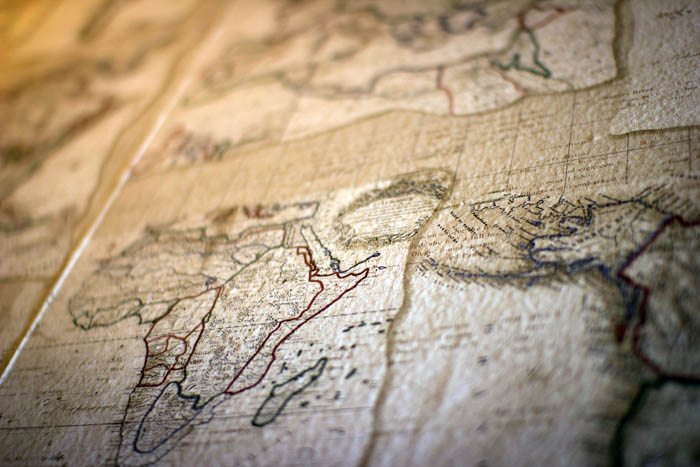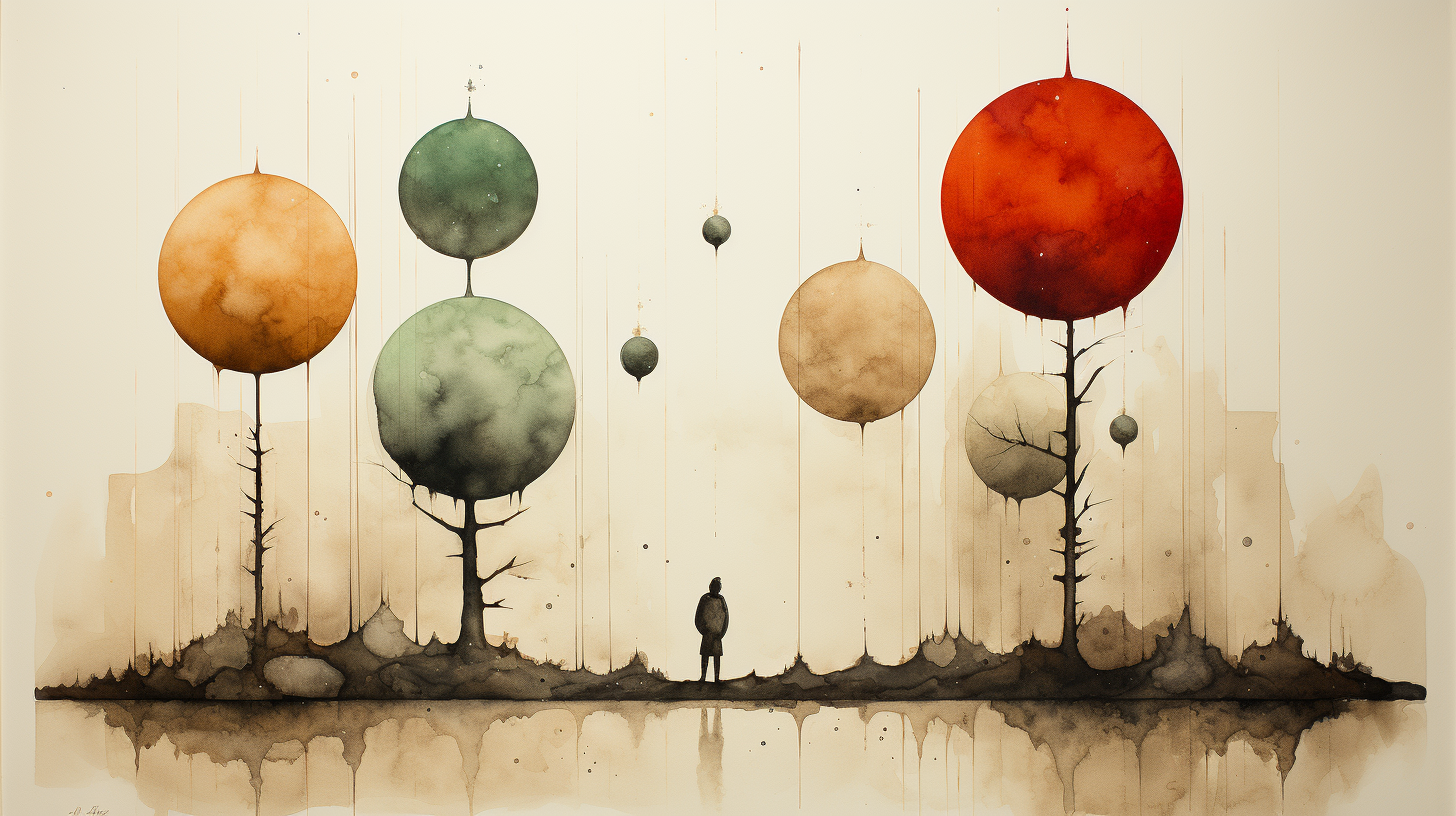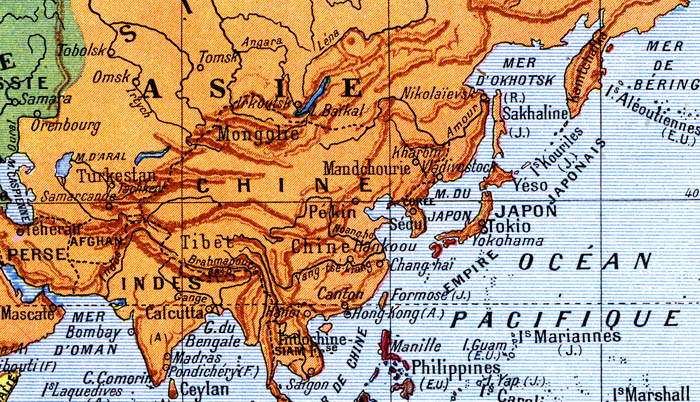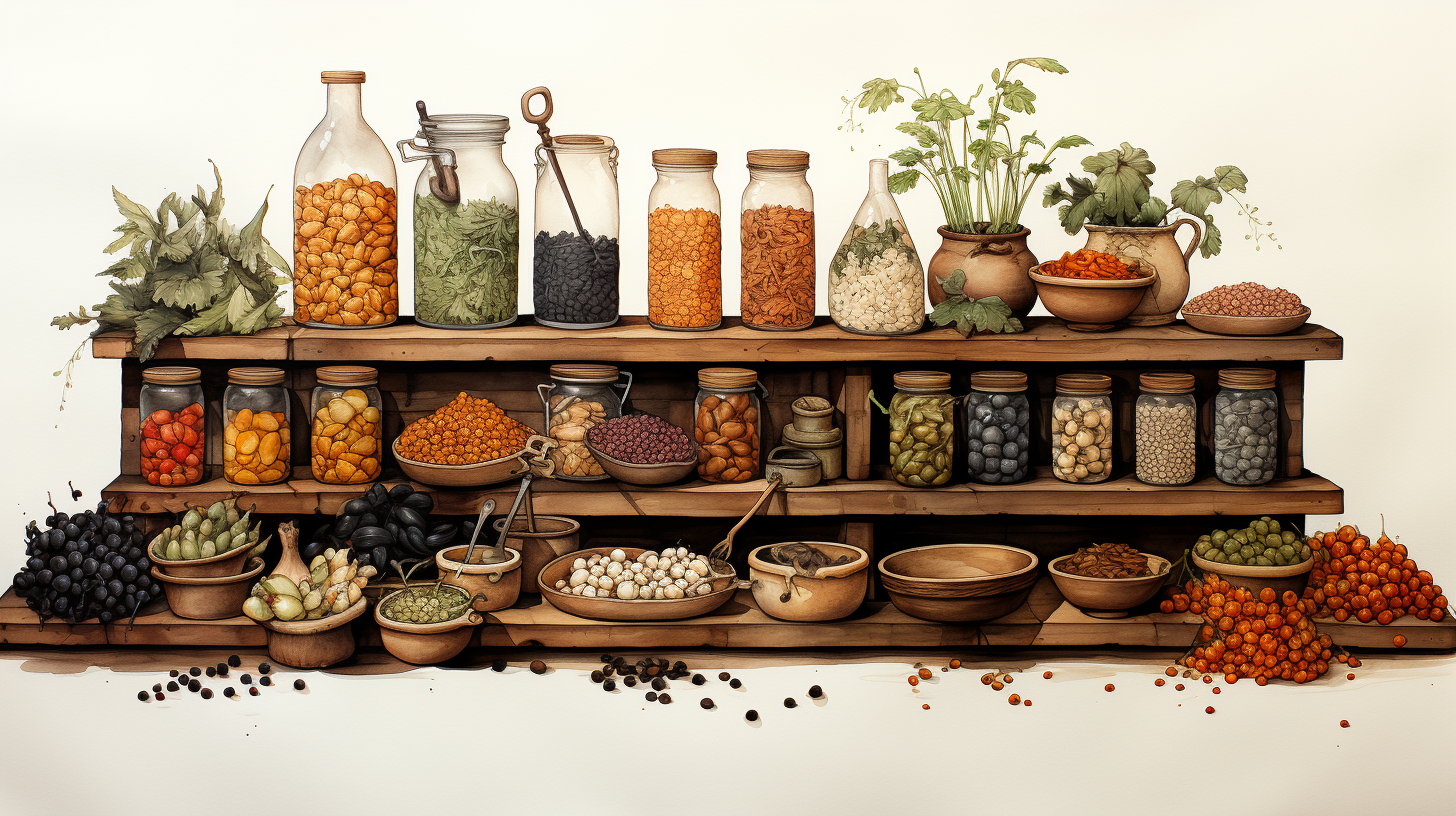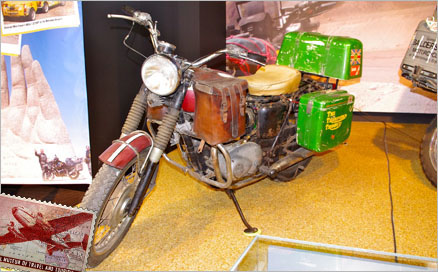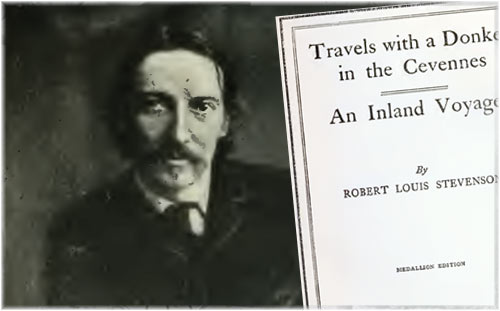Mi svegliai che il sole si faceva rosso; e quello fu l’unico, chiaro momento della mia vita, il momento più strano di tutti, in cui non seppi chi ero… Mi trovavo lontano da casa, stralunato e stanco del viaggio, in una misera camera d’albergo che non avevo mai vista,… e guardavo l’alto soffitto pieno di crepe e davvero non seppi chi ero per circa quindici strani secondi. Non avevo paura; ero solo qualcun altro, un estraneo, e tutta la mia vita era una vita stregata, la vita di un fantasma. Mi trovavo a metà strada attraverso l’America, alla linea divisoria fra l’Est della mia giovinezza e l’Ovest del mio futuro, ed è forse per questo che ciò accadde proprio lì e in quel momento, in quello strano pomeriggio rosso.
(Jack Kerouac, 1967)
Citato in Leed, Eric J. 1992. La mente del viaggiatore: dall’Odissea al turismo globale. Biblioteca storica Il Mulino. Bologna: Il Mulino.

